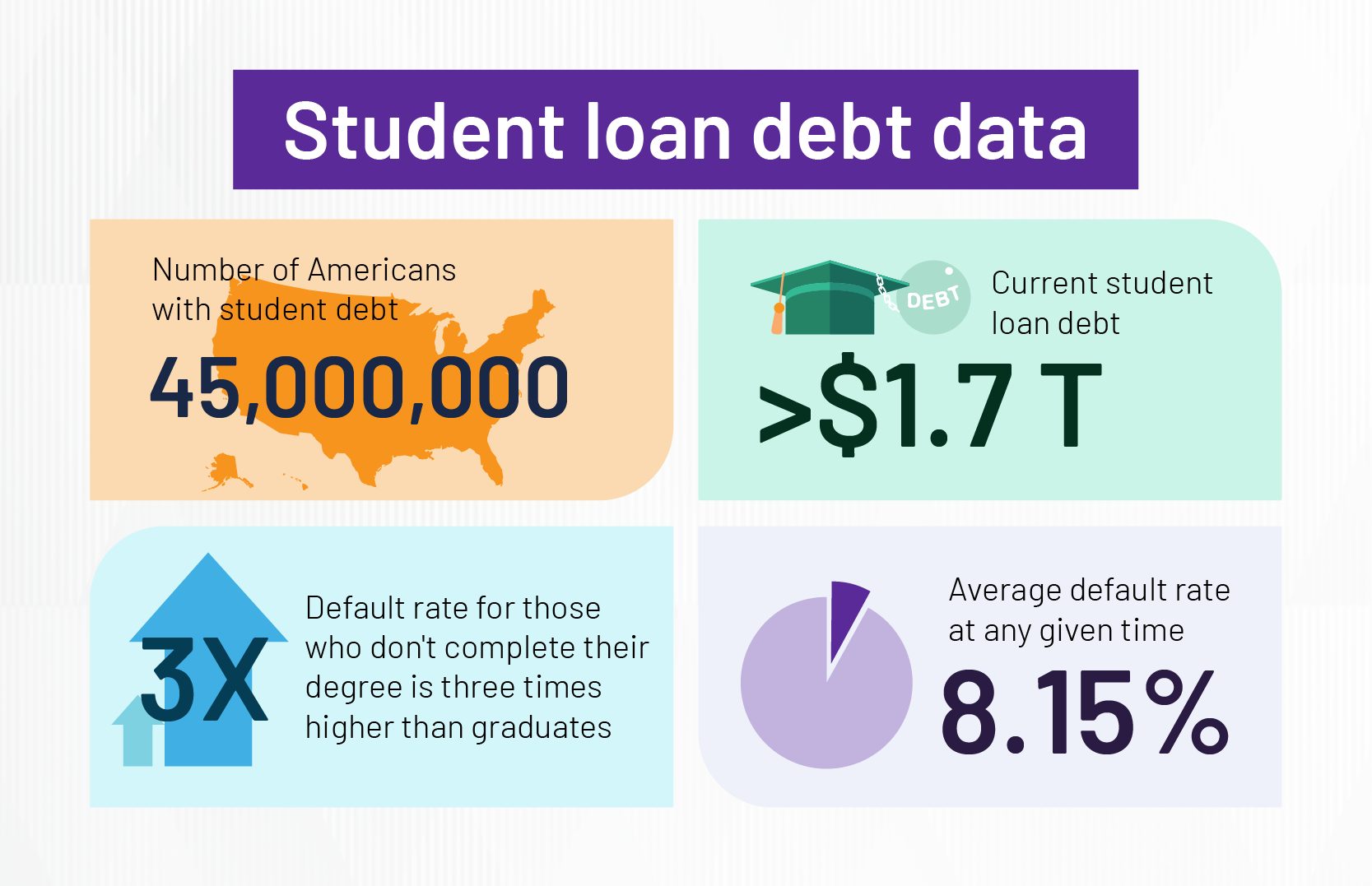Getting a new faculty position is exciting, no matter where you are in life. Of course, with every change you will have to overcome challenges. However, you can better navigate these obstacles with the right tools and approaches. Ready to become an impactful faculty member while reducing your workload and making meaningful connections? Read on to learn the best advice for new professors.
Strategies for a New Academic Position
Whether starting a new position later in life or developing your first few professional experiences, these strategies can help you stay on track and further your career. New faculty members, mentally bookmark these eight tips to start each semester on the right foot and set yourself up for success:
1. Build a Better Relationship With the Department Chair
Your department chair supports the needs of the faculty members in the department, including you. Although some institutions require personal one-on-one meetings between the chair and faculty members, others do not. Seek this connection regardless of the procedures in place at your institution.
Participate in activities and show up for events that allow you to form a closer relationship with the department chair. This way, you’ll show your drive to make a meaningful impact at your institution and put yourself in a position to receive excellent advice and feedback. Developing this connection also allows you to discover more about the academic culture.
2. Create a Realistic Work Schedule
You will receive your teaching schedule before the semester begins and you can use this as a foundational guide to planning a work schedule. As a new faculty member, you may not know yet how to craft a realistic timetable. If this is the case, ask your colleagues and other instructors in your department for advice.
One of the most important things to remember is that this schedule may change as obligations come up throughout the semester. Give yourself enough time for instruction materials and exterior research, as many institutions require publication or service contracts.
3. Prepare and Post Materials in a Timely Manner
Both in-class and outside activities will require preparation. Get ready for each semester by crafting a detailed syllabus. This can keep you and your students on task and guarantee that you’ll have a thought-out plan to follow as the semester continues. Provide students enough time to complete assignments by making materials accessible in a timely manner. The more you stick to your schedule, the better you can hold yourself and your students accountable for classwork and educational deadlines.
4. Find a Mentor
Many successful faculty members have mentors who guide them to success and offer wisdom for overcoming roadblocks. Some institutions may assign mentors. If yours does not, seek one out yourself!
You can begin by looking for someone in your department who teaches the same students. Try to connect with this person—they can monitor your progress and provide feedback in ways that are uniquely meaningful. Your mentor should be knowledgeable, experienced, and, importantly, someone you trust. Do you feel comfortable collaborating on research ideas with this person? Can you discuss sensitive topics with them in confidence? Let your answers inform your approach.
5. Get to Know Your Students
It may not surprise you that some of the best advice for a first-year professor is to get to know the students. Having a personal connection with those you teach can cultivate a more satisfying experience for you and your students. Learn their names, discover something new about them, and encourage them to share personal stories and perspectives during class discussions. Make yourself available to discuss academic and non-academic concerns, and tailor your instruction methods and course setup to their needs.

6. Connect With Your Colleagues
Whether you’re becoming a professor later in life or just beginning your career, you can benefit from developing meaningful connections with your colleagues. Forge valuable personal relationships and learn more about your field as you discuss new ideas and learn industry secrets from like-minded individuals.
Additionally, these connections can help you secure tenure. Along with your faculty profile, your colleagues can speak on your behalf for your tenure track. While senior faculty may have a more significant impact on your tenure track, you’ll benefit from your professional relationships with both junior and senior team members in the long run.
7. Engage With the Life of the Institution
Award ceremonies, convocations, and graduations are significant events in higher education. Whether you’re participating in or watching these events, you can show your support and encouragement to students, positively impacting them, the community, and the institution.
Even first-year adjunct professors can benefit from engaging in the campus culture. If you’re on campus for a short time, strengthening familiarity with the activities, organizations, and resources on campus can assist you as you navigate your role. You can help foster a sense of community and ensure students and colleagues alike view you as a supportive and encouraging asset to the campus.
8. Familiarize Yourself With Assessments and Surveys
Some of the best advice for junior faculty members is to use assessments and surveys to evaluate progress. Tools like course evaluations and surveys can help you identify where you are excelling and what areas need improvement. You can use these assessments at the beginning, middle, or end of every semester to determine what strategies are working well for your students and which are missing their targets.
The Watermark Course Evaluations & Surveys makes it easy to collect this data and turn information into action. Our software enables instructors to leverage course enrollment, tailor evaluations, and continually review results. You can seamlessly track trends and analyze data over time with automatic distribution. You can use our software to generate, distribute, and analyze surveys and evaluations that can determine where you can improve to meet students where they’re at.
Succeed in Your New Academic Position With Watermark
Watermark has been helping higher education institutions deliver innovative solutions for over 20 years. With Watermark, colleges and universities can empower their students and faculty to reach their highest level of performance. Our solutions drive change on campus, and you can use them to track daily tasks, schedule meetings, and monitor student progress.
Our Student Success & Engagement tool enables you to create custom reports to monitor student progress. You can use guided pathways to promote holistic student experiences and lead them to success while engaging with their interests. This software also reduces repetitive tasks, such as taking attendance, while making it easy to reach out to students who are at risk of falling behind.
With Watermark Faculty Success, you can keep track of your accomplishments, experiences, and developmental progress in one convenient location, making review processes much simpler. Stay on track and draw potential students into your classroom while moving forward efficiently and smoothly.
Start developing strategies for excelling in your new position—request a demo of any of our software today.
















































































































































































































































































































































































































